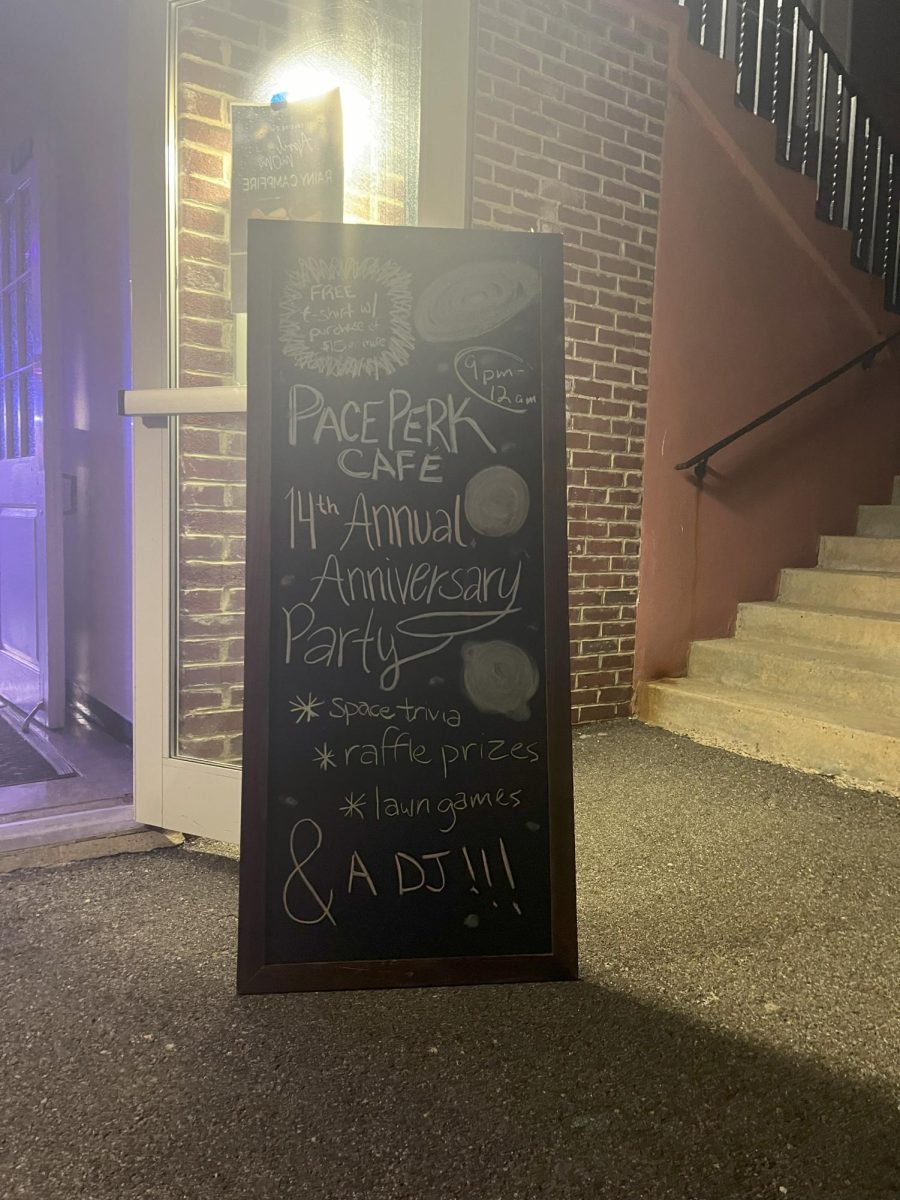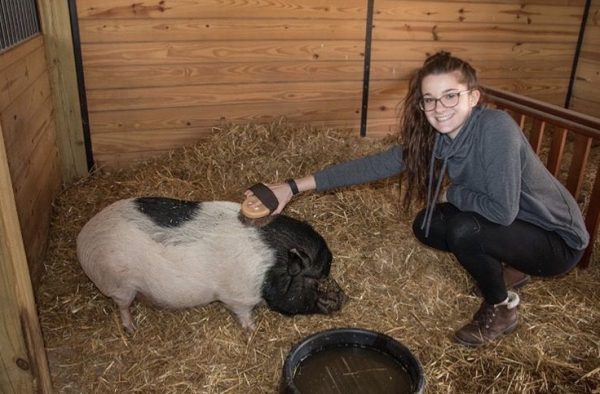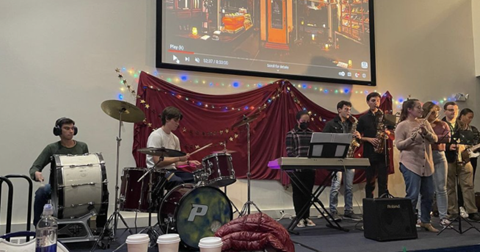55 Hours for an AOK1
December 10, 2014
The fact that Stacy Casden does not always have time to do volunteer work herself does not mean that she does not believe in it. Instead, she encourages students to become involved with their own communities.
Casden has been a psychology professor at Pace for 13 years, specializing in classes with a focus on alcoholism and drug addiction. One year, she was asked to teach a section of Psychology of Civic Engagement, also known as an Area of Knowledge 1 (AOK 1).
When she was given the class, it was taught out of a general psychology textbook and involved tests and term papers. Students were only required to do five hours of volunteer work. Casden felt that this did not reflect what the course’s goals were.
“As long as I cover the material, I’m allowed to teach the course however I want. So, I asked if I could make changes,” Casden said.
She currently teaches two sections of the course, which do not require textbooks. She also eliminated tests and papers for the class. To make up for this lack of classwork, the course now requires students to volunteer for 55 hours.
“I want them to have a chance to actually engage with their communities. To me, 20 hours doesn’t seem long enough to do that,” Casden said.
Another distinction that her sections have is that students are allowed to volunteer with any organization they choose. Other professors often pick a single organization and have all students volunteer there. Casden believes this only works during summer sessions, as students don’t have the time to find an organization.
“My belief is that if they’re going to spend 55 hours somewhere, it should be at a place they like,” Casden said.
Casden has also been experimenting with the use of web-assisted classes. Rather than having her students be in the classroom every week, she will assign a writing assignment that relates to the volunteer work they are doing.
Results have been positive so far, to the point where she has made it so students only meet once every three weeks.
Teaching Psychology of Civic Engagement and classes like it come with their own challenges. Casden says that some students have a harder time getting started than others, which leads to them having to do more work later in the semester.
Casden also explained that there are always one or two students who do not complete the course. This sometimes prevents graduation, as the class is a core requirement. Casden tries to assist these students by giving them an incomplete, but the grade is never changed for some.
Some students have actually criticized her for not doing a more thorough job checking up on students. To them, she says that she holds her students to the honor system.
“If they’re cheating with their hours, they’re really only cheating themselves,” Casden said.













